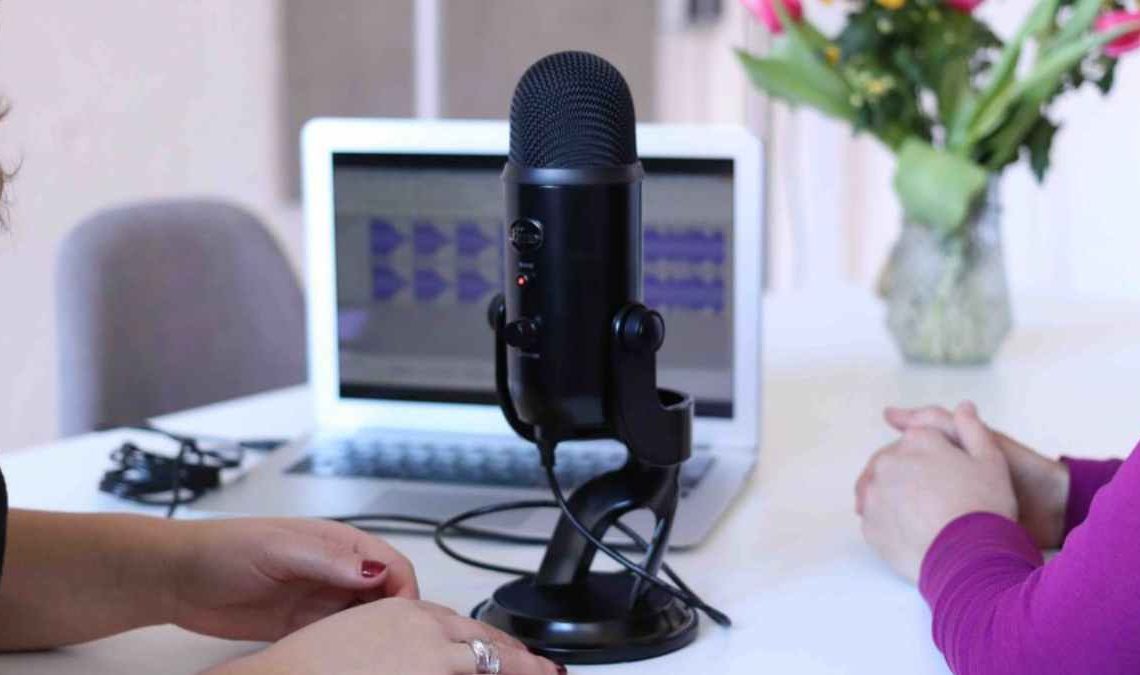
Podcasts are becoming increasingly popular worldwide, with more people tuning in to relax, laugh, or learn. The best thing about podcasts is that they are free, and you can download episodes to listen to offline. Experts estimate that as of January 2023, there were over 3.2 million podcasts and approximately 464.7 million active listeners globally.
The Benefits of Podcast Transcription
If you already have a podcast, but it’s not growing as you’d want it to, creating transcripts for each episode can be an effective strategy to increase your numbers. Podcast transcription is the audio-to-text conversion of your podcast episodes. You can create the transcripts by yourself, use transcription software, or hire a professional transcriber to do it for you. However, you must ensure the accuracy of the transcripts so that they align with what you and your guest(s) said on the podcast. How will your podcast benefit from accurate transcription? Let’s discuss.
· Transcription Makes Your Content Versatile for Repurposing
Podcast transcripts are essential for creating marketing content. You can use the transcripts to develop social media posts, newsletters, blogs, or e-books. With these marketing tools, word about your podcast can quickly reach a wide audience who might convert to subscribers.
· Written Content Is More Accessible and Sharable
Your listeners may want to share some actionable tips or powerful quotes you shared on an episode. However, that may not be possible when the podcast is a 30-minute audio. The length necessitates having a written version of the podcast.
With a transcript, one can quickly highlight something that stood out for them and share it on their social media platforms. Through such activities, your podcast will likely get promoted on different marketing channels, generating more organic traffic.
· Your Podcast Becomes More Inclusive
When you provide a transcript of each podcast episode, you accommodate the needs of people with hearing challenges. Over 1.5 billion people globally have hearing impairments, according to WHO. This is a significant number of people who you might lock out from enjoying your content by failing to provide transcripts.
Additionally, by transcribing every podcast episode, you accommodate the needs of your audience, who prefer reading instead of listening. Also, listeners who don’t understand your language can translate the transcripts and enjoy your content.
· Podcast Transcripts Are Good for SEO
Typically, it is easier to find written content than audio or video content on search engines. Transcribing podcasts produces text files, which are easy for Google to index. It can then suggest your site to potential subscribers when they search for related content. With written files, you also have the opportunity to insert relevant keywords to ensure it ranks highly on search engines. Subsequently, this will increase your site’s traffic, translating to more listeners.
· Podcast Transcripts Drive Comprehension
Sometimes it is difficult for listeners to comprehend audio content, especially if the recording is unclear due to background noise, multiple speakers speaking over one another, or poor-quality equipment. Speakers using heavy accents, slang, or wrong pronunciations could also make comprehension challenging. However, if you provide a transcript, your audience can understand your content, even with poor-quality audio.
Additionally, a transcript allows your audience to consume your content at their own pace, compared to audio content, where one has to follow the speaker’s pace. Skimming through the transcript and concentrating only on the relevant segments will be much easier. This gives your audience a wholesome experience.
· People Can Easily Quote Your Work, Positioning You as a Thought Leader
Podcasting allows you and your guests to share field expertise. Academics and researchers can cite you in their work through your podcast transcripts, positioning you as a thought leader in your area of specialization. This also allows for backlinking, where people can link your content in their articles. If people find your content valuable and reliable, they are more likely to want to listen to your podcast in the future.
How to Produce Accurate Podcast Transcripts
While investing in podcast transcription is an excellent strategy for improving your podcast performance, you’ll not achieve the desired results if the transcripts have errors. Consider doing the following to attain accurate podcast transcripts that complement your audio/video content:
· Rely on Skilled Humans for Transcripts
While you can transcribe your podcast episodes yourself, using that time and energy to research and create more content is better. Relying on transcription software may seem like a good idea. However, it might result in erroneous and embarrassing transcripts. The best way to transcribe your podcast is to hire skilled human transcribers. Human transcribers are more accurate than software, guaranteeing quality transcripts to help your podcast grow.
· Invest in Audio Quality
Another way to ensure your transcripts are accurate is to focus on audio quality. Consider buying high-quality microphones and recording in a noise-proof room, which reduces echoes and background noise.
Final Thoughts
While you may have created a superb podcast with high-quality episodes, transcribing them is what will amplify its reach. By creating transcripts, you promote inclusiveness and make your content searchable, sharable, and versatile, improving your SEO ranking. Ensure your podcast transcripts are accurate by prioritizing audio quality and hiring skilled human transcribers.


